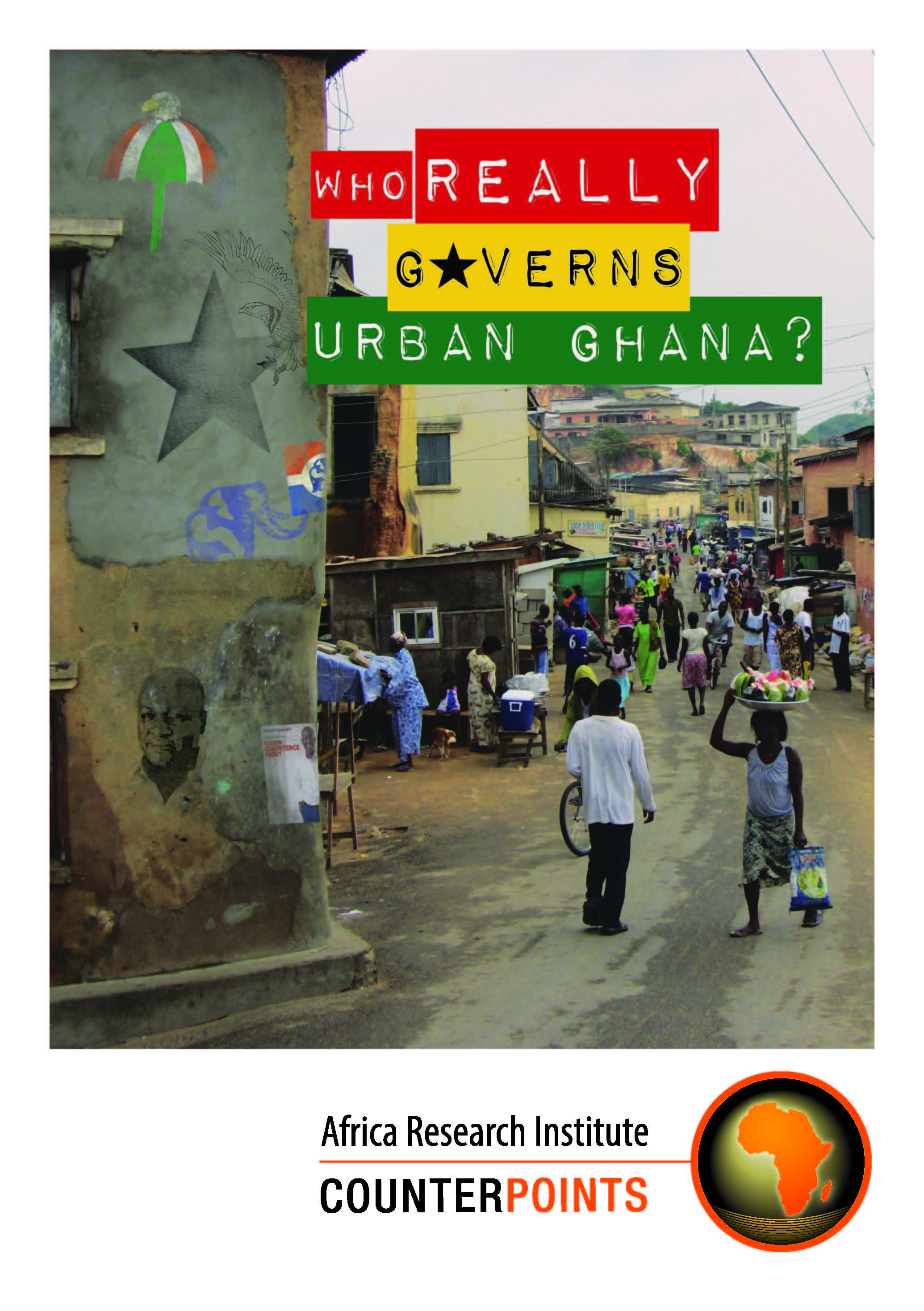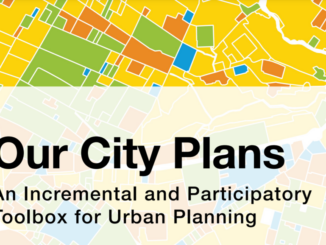
The New Urban Agenda must take into account the threats of implementation in authoritarian and corrupt states.
“Effective decentralization” is listed as one the “main drivers of change to realize the transformative commitments” advocated by the first draft of the New Urban Agenda, the global urbanization vision that will be finalized at next month’s Habitat IIIconference. Multiple key references to decentralization also are included in the agenda’s final draft, released this month.
By definition, decentralization assumes that transferring decision-making powers from central to regional and local governments leads to at least two positive impacts on cities: better service provision and improved democratic practice.
According to the first draft of the New Urban Agenda, effective implementation will come down to “a renewed local-national partnership, in which stakeholders and local and sub-national governments are strategic partners of national governments, building strong national system of cities and well-balanced territorial development, in support of national development”. The final draft likewise pledges governments to promote strategies “rooted in new forms of direct partnership between governments at all levels”.
While such assumptions generally hold true for many advanced democracies, they fall short when applied to post-colonial countries led by authoritarian regimes or by contested political systems. In such contexts, “clientelism” and corruption are key features of policymaking and implementation.
Furthermore, rather than being directly elected by urban dwellers, regional and local governments in these countries are appointed by the central state. Such a dynamic raises concerns about the legitimacy of these governments in terms of their political representation as well as their accountability. Even in contexts where regional and local governments are directly elected, the voting process often is hindered by fraud and the design of election laws, which tend to strengthen the regime in power.
In many countries, including the Arab world, central authorities openly support decentralization and celebrate it as a necessity for administrative and fiscal reform; often, they even use it to demonstrate their commitment to good governance. But in practice, many of these governments are only paying lip service to decentralization.
Read more at Citiscope. org.
Citiscope is a nonprofit news outlet that covers innovations in cities around the world.





